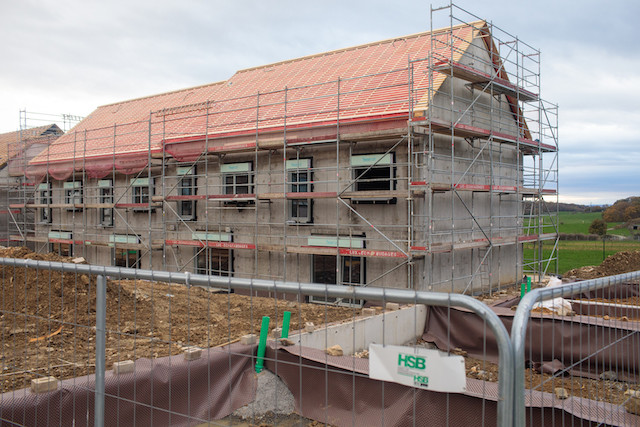The reform of property tax is seen as a way to ease Luxembourg’s housing crisis by making it more expensive for owners to sit on empty plots of land. Property tax is low compared to neighbouring countries, with rates not adapted to market value.
“One of the goals of the reform is to develop a more transparent and fairer property tax, and tax parcels that have a comparable value in another commune,” said Gramegna in a joint response to a parliamentary question with interior ministry Taina Bofferding (LSAP). “Without being able to test concrete scenarios it is difficult to live up to this objective.”
The government is in the process of developing a digital tool which will allow the comparison of information drawn from municipal general development plans (PAG). These plans form part of urban planning as they determine what land can be used for and how big future buildings can be.
Discussions about the new tax rate can only begin when urban planning information is available to simulate different models, the finance minister said.
While works on the tool are advanced, the ministers said that 45 communes, out of 102, have yet to conclude drawing up the development plans. All communes in 2011 were told to update existing plans, some of which date back to 1937. The procedure takes around a year, but nine communes have missed a November 2019 deadline to even launch the process.
Without providing a timeline for the reform, Gramegna and Bofferding said all communes are expected to have an updated PAG in the “coming years”. Since property tax is levied by communes, their involvement is crucial and the minister promised discussions with local leaders as the reform progresses.
